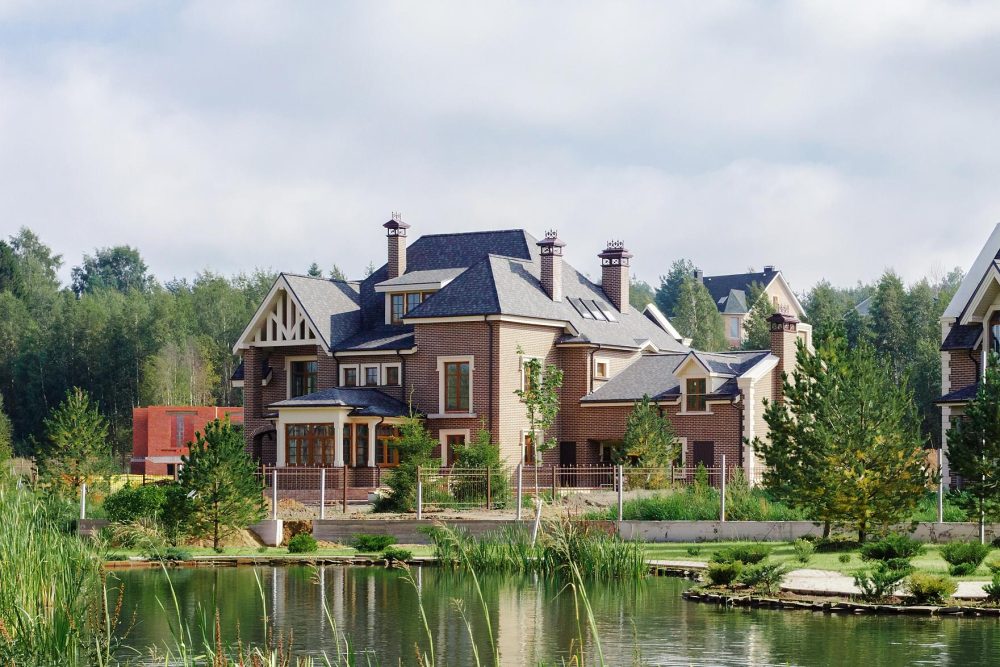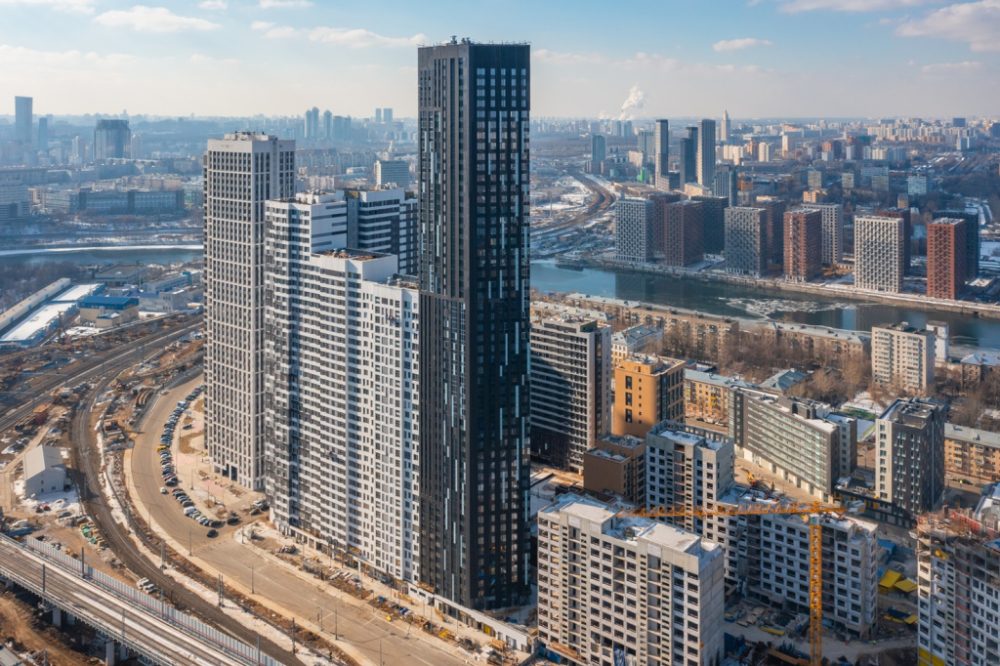The process of naturalization citizenship in Russia is a structured legal procedure that allows a foreigner to acquire full rights and responsibilities of a citizen.
The basis for applying is long-term residence, stable income, language proficiency, and absence of legal violations. The legal status of a Russian citizen grants access to a wide range of social, labor, and political rights, therefore specific conditions for naturalization regulated by federal legislation are imposed.

Features of Naturalization Citizenship in Russia
In Russian practice, the naturalization procedure has several distinctive characteristics:
- An expedited process is possible for certain categories such as Russian language speakers, participants in immigration programs, individuals residing in the Russian Federation before 2002;
- Dual citizenship is possible under intergovernmental agreements;
- The application review process takes from three to six months;
- A simplified procedure applies to children, spouses of Russian citizens, veterans, and refugees;
- Rejection can be issued without explanation if there is a risk to national security.
Thus, naturalization citizenship in Russia has both universal requirements and national-specific mechanisms.
How to Obtain Naturalization Citizenship: Path to a Passport
The initial stage is immigration based on a visa regime, obtaining a temporary residence permit, and subsequently permanent residence. After that, it becomes possible to apply for naturalization citizenship.
Russian legislation requires five years of residence in the country as a resident while complying with the migration regime. The period can be reduced to one year under certain conditions: marriage to a Russian citizen, birth in the territory of the former USSR, participation in the program for resettlement of compatriots.
Naturalization Citizenship: Procedure and Stages
For those planning to become citizens of the country, certain stages need to be completed:
- Submission of an application to the authorized body;
- Confirmation of legal domicile over the past years;
- Providing certificates of no criminal record;
- Confirmation of Russian language proficiency;
- Documentary evidence of stable income;
- Taking an oath.
Thus, the system filters out unprepared applicants and leaves room for those who have truly integrated into society and abide by the country’s norms.
List of Required Documents
The main documents necessary to start the procedure include:
- A standard application form;
- Identity document (passport of the home country);
- Document confirming permanent residence;
- Income and tax payment certificates;
- Certificate confirming language proficiency;
- Photos according to the established format;
- Receipt of payment of state duty.
Additional documents may be required if there are grounds for shortening the naturalization period. The submitted set of documents is carefully reviewed, and if it does not meet the requirements, the application for naturalization citizenship may be rejected.
Role of Language, History, and Oath
A deep understanding of the state structure, its legal norms, and cultural codes is considered an integral part of integration. All applicants are required to pass an exam on knowledge of the Russian language, history, and legislation.
Only after successfully passing the test can the process continue. Additionally, at the final stage, the official taking of an oath is required, symbolizing the recognition of the values of the Russian Federation and the intention to abide by its Constitution. Failure to meet these conditions makes it impossible to complete the path to citizenship.
Criminal Record and Reputation: Impact on Decision
Candidates with a negative reputation, who have been subject to criminal liability, are automatically excluded from the list of applicants for naturalization citizenship. It is important not only to have a clean record in Russia but also to have no violations outside the country.
The Ministry of Internal Affairs conducts intergovernmental checks, assessing the reliability and law-abidingness of the foreigner. In addition, participation in society, voluntary initiatives, charitable activities, and compliance with labor duties are taken into account.
Visa, Temporary Residence Permit, and Permanent Residence as Steps
The mechanism of naturalization citizenship cannot be initiated without prior completion of the visa regime. A foreigner must obtain a temporary residence permit, which grants access to long-term residence and official employment.
Only after a certain period can one apply for permanent residence, and then submit an application for a passport. Each stage requires confirmation of financial and social stability, including housing, domicile, medical insurance, and documentation proving no claims from the state.
Income and Employment as Support for Naturalization
Financial independence is a mandatory element in obtaining a passport. A potential citizen must demonstrate regular and sufficient income. Both wage labor and entrepreneurial activities are allowed.
Not only the amount of income but also its legality becomes important. Certificates from the tax service, copies of contracts, information about the place of employment are necessary. The absence of a permanent source of income is grounds for refusal.
Citizenship through Real Estate Investments: Economic Path
Although Russia does not provide for direct acquisition of citizenship through real estate investments, substantial financial investments expedite the process.
Purchasing property worth at least 10 million rubles allows obtaining a temporary residence permit or permanent residence, and then proceeding to the final stage. It is necessary to prove the legality of the funds, absence of criminal record, and adherence to the legal field. This approach is suitable for businessmen and investors willing to contribute to the country’s economy through acquiring liquid assets.

Naturalization Citizenship in Russia: Key Points
Thus, naturalization citizenship in Russia requires a systematic approach, compliance with legal norms, and demonstration of full social adaptation. The strict conditions for obtaining citizenship apply to both the legal status and moral qualities of the candidate.
Legal domicile, stable income, language proficiency, and compliance with migration legislation form a solid basis for submitting an application. An alternative method remains investments in real estate, accelerating integration and increasing the chances of a positive decision.
 en
en  ru
ru  de
de  ar
ar  es
es  nl
nl  hi
hi  fr
fr  it
it  pt
pt  el
el 











